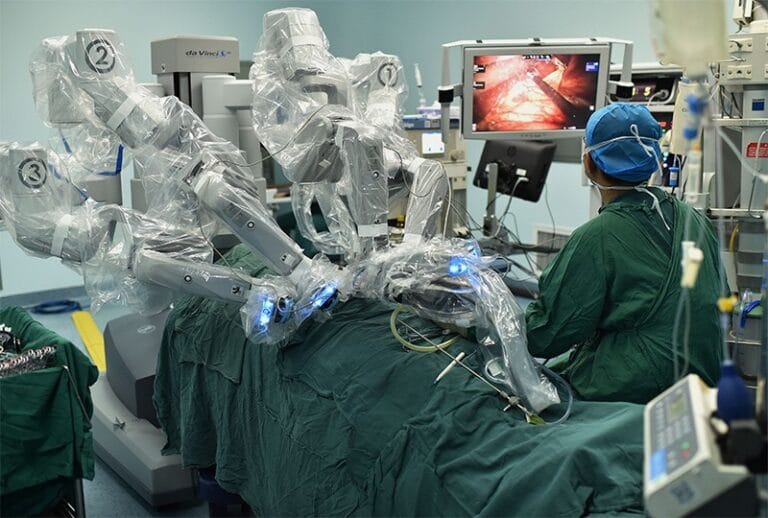
New Quantum Refrigerator Achieves Record-Low Qubit Temperatures
In a significant leap forward for quantum computing, researchers from Chalmers University of Technology in Sweden and the University of Maryland in the USA have introduced a groundbreaking refrigerator designed to autonomously cool superconducting qubits to temperatures never before achieved. This innovation could greatly enhance the reliability and efficiency of quantum computers, which are pivotal for revolutionizing fields like medicine, energy, encryption, AI, and logistics.
Quantum computing’s promise lies in its ability to perform multiple calculations simultaneously, thanks to qubits which can exist in a state of 0 and 1 at the same time—a phenomenon known as superposition. However, the practical application of quantum computers has been hampered by the need to keep these qubits extraordinarily cold, nearly at absolute zero, to prevent errors from environmental interference.
“Qubits are hypersensitive to their environment,” explains Aamir Ali, a research specialist in quantum technology at Chalmers University. Even the slightest electromagnetic interference can disrupt the sensitive state of qubits, leading to errors that require significant time to correct, thus limiting the operational efficiency of quantum computers.
Current cooling methods employ dilution refrigerators to reach temperatures around 50 millikelvin (mK) above absolute zero. However, absolute zero itself is an unattainable limit according to thermodynamics. The novel quantum refrigerator developed by the team at Chalmers and Maryland goes beyond these limits, autonomously cooling qubits down to a mere 22 mK. This was detailed in a recent publication in the prestigious Nature Physics journal.
The new system leverages superconducting circuits, harnessing environmental heat to power the cooling process. “It can cool the target qubit to 22 millikelvin, without external control,” Ali notes, highlighting that this development not only reduces hardware overload but also increases the ground state probability of qubits to 99.97 percent before computation begins. This is a marked improvement over the previous range of 99.8 to 99.92 percent, which significantly boosts the performance of quantum computers in executing complex calculations.
Nicole Yunger Halpern from NIST and the University of Maryland elaborates on the mechanism: “Energy from the thermal environment pumps heat from the target qubit into another, colder qubit, which then dissipates this heat into an even colder environment.” This creates an autonomous cycle where no external intervention is needed once the system is activated, powered purely by the natural temperature gradients.
Simone Gasparinetti, Associate Professor at Chalmers, adds, “Our work is arguably the first demonstration of an autonomous quantum thermal machine executing a practically useful task.” Initially a proof of concept, the results exceeded expectations, setting a new benchmark in cooling technology for quantum devices.
This refrigerator’s introduction could be a game-changer, making quantum computers more practical for everyday use by reducing the need for constant error correction and thereby speeding up computational processes. As research continues, the potential to further decrease operational temperatures and increase the scale of quantum computations could soon become reality, bringing us closer to harnessing the full power of quantum computing in various industries.
For those interested in the future of computing and technology, this development is a beacon of progress, signaling a closer integration of quantum mechanics into our daily lives. Stay tuned as this technology evolves, promising a new era for computing efficiency and capability.




